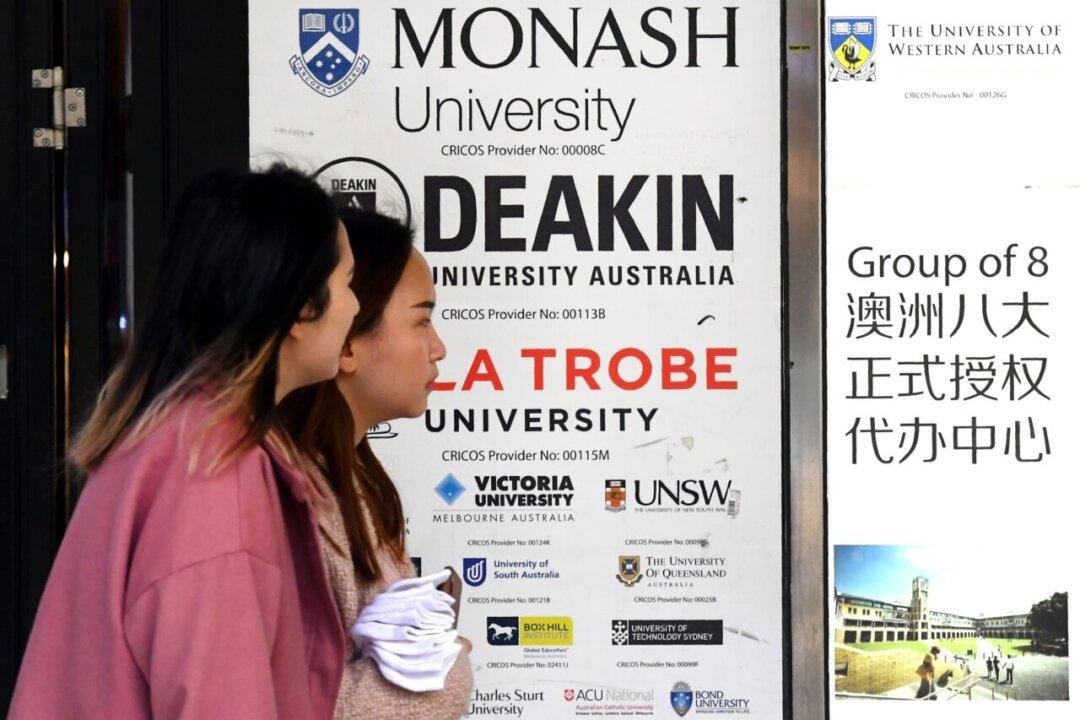Casual staff at Australian universities are complaining that their employers short-change them millions of dollars a year via regular underpayment practices.
A parliamentary inquiry into the unlawful underpayment of workers was alerted on Feb. 22 that over nine in ten casual workers at the University of Sydney did not receive compensation for carrying out a certain amount of work during the second semester in 2020.





